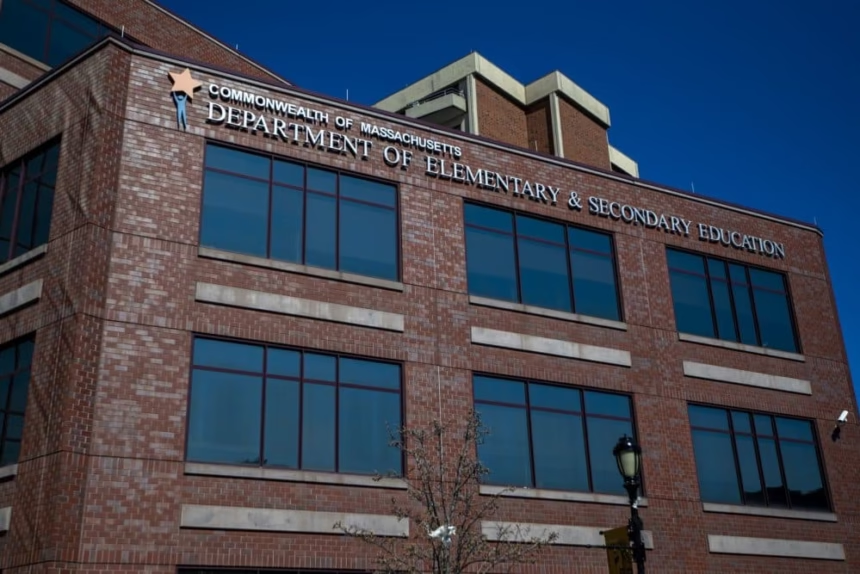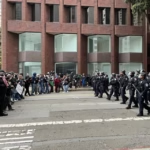Massachusetts officials revealed Monday a significant investment of $972,000 in grants distributed among 37 educational institutions and school districts to enhance civics education throughout the state’s public school system.
This strategic funding seeks to empower students—beginning at the middle school level—with the knowledge and skills needed to comprehend, discuss, and actively participate in civic and social matters, while nurturing a future generation of citizens who understand their vital role in American democratic society, according to a statement from the Massachusetts governor’s office.
“We know how important it is to prepare students to consider different points of view and engage in civil discourse, even when disagreements are deep,” said Governor Maura Healey during a press conference in the city of Everett, Massachusetts.
“By showing them that they can act collectively to improve their communities, we are planting the seeds of a stronger democracy,” added the Democratic governor.
The allocation, sourced from the state’s Civics Project Trust Fund, will facilitate teacher training, curriculum enhancement initiatives, and the execution of student-led civics projects, with particular emphasis on 8th grade and high school programs. Several schools will organize local civic project showcases or take part in the broader Massachusetts Civics Project Showcases.
Lieutenant Governor Kim Driscoll emphasized the initiative’s focus on empowering educators:
“These grants allow us to invest directly in teachers’ professional development and encourage collaboration across districts,” she explained.
“I’m excited to see how our educators turn these opportunities into engaging civic experiences for their students.”
The grant beneficiaries include prominent urban districts like Boston, Lynn, Brockton, and Chelsea, with each receiving allocations up to $48,000. The funding also extends to rural districts and charter institutions, including Quaboag Regional Schools, Pittsfield, and Argosy Collegiate Charter School in Fall River.
Following the unanimous passage of Chapter 296 in 2018, Massachusetts educational institutions must implement at least one student-led civics project. The nonpartisan initiative encourages students to examine community issues, develop potential solutions, and interact with governmental bodies.
Education Secretary Dr. Patrick Tutwiler emphasized the broader impact of these educational initiatives:
“These projects empower students as agents of change,” he said. “They gain the tools to understand injustice, respond to it, and contribute meaningfully to improving their communities.”
Pedro Martinez, Commissioner of Elementary and Secondary Education, views this investment as crucial for connecting academic learning with real-world application:
“High-quality civics education builds bridges between academic knowledge and real-world challenges,” he said.
“It allows young people to put their identities, creativity, and critical thinking to work in service of their communities.”
This funding initiative reflects a broader national context. While various U.S. states have recently enacted measures to either strengthen or limit the teaching of specific historical and political subjects—particularly those concerning race, equality, or identity—Massachusetts has opted for an inclusive, local, and collaborative approach.
All funded initiatives must comply with the 2018 History and Social Science Curriculum Framework, while enabling schools to tailor programs to their student populations’ unique needs and backgrounds.
Several educators have already proposed innovative projects, including civic engagement podcasts, local forums on voter participation, and mini investigative journalism projects exploring municipal challenges such as housing, public safety, or school transportation.
In Springfield, a collaborative effort between three neighboring communities (West Springfield and Easthampton) secured a $46,880 grant to establish an intergenerational civic mentorship program connecting high school students with former elected officials.
In Lowell, a charter school focusing on re-engaging at-risk youth will utilize its funding to enable students to produce educational videos about civil rights and municipal services.







